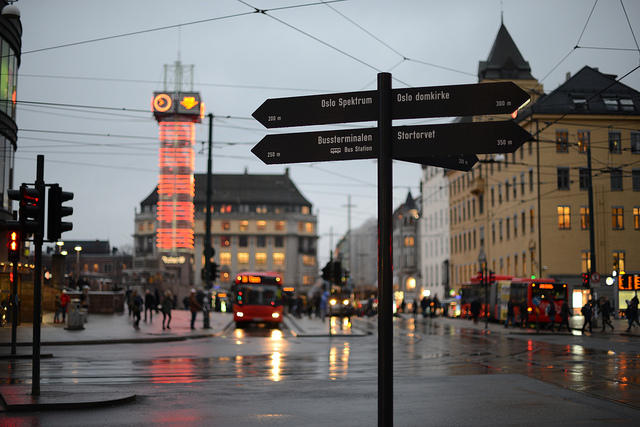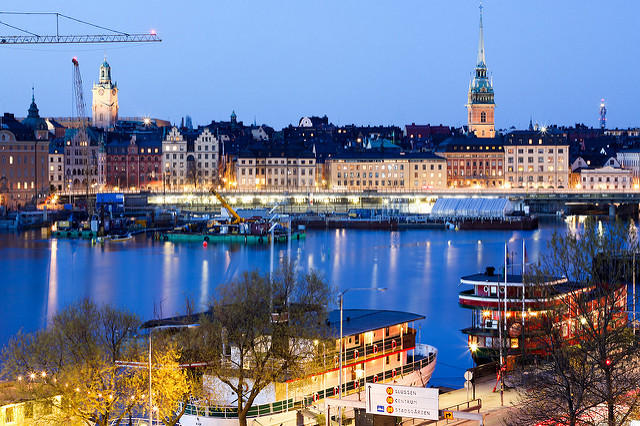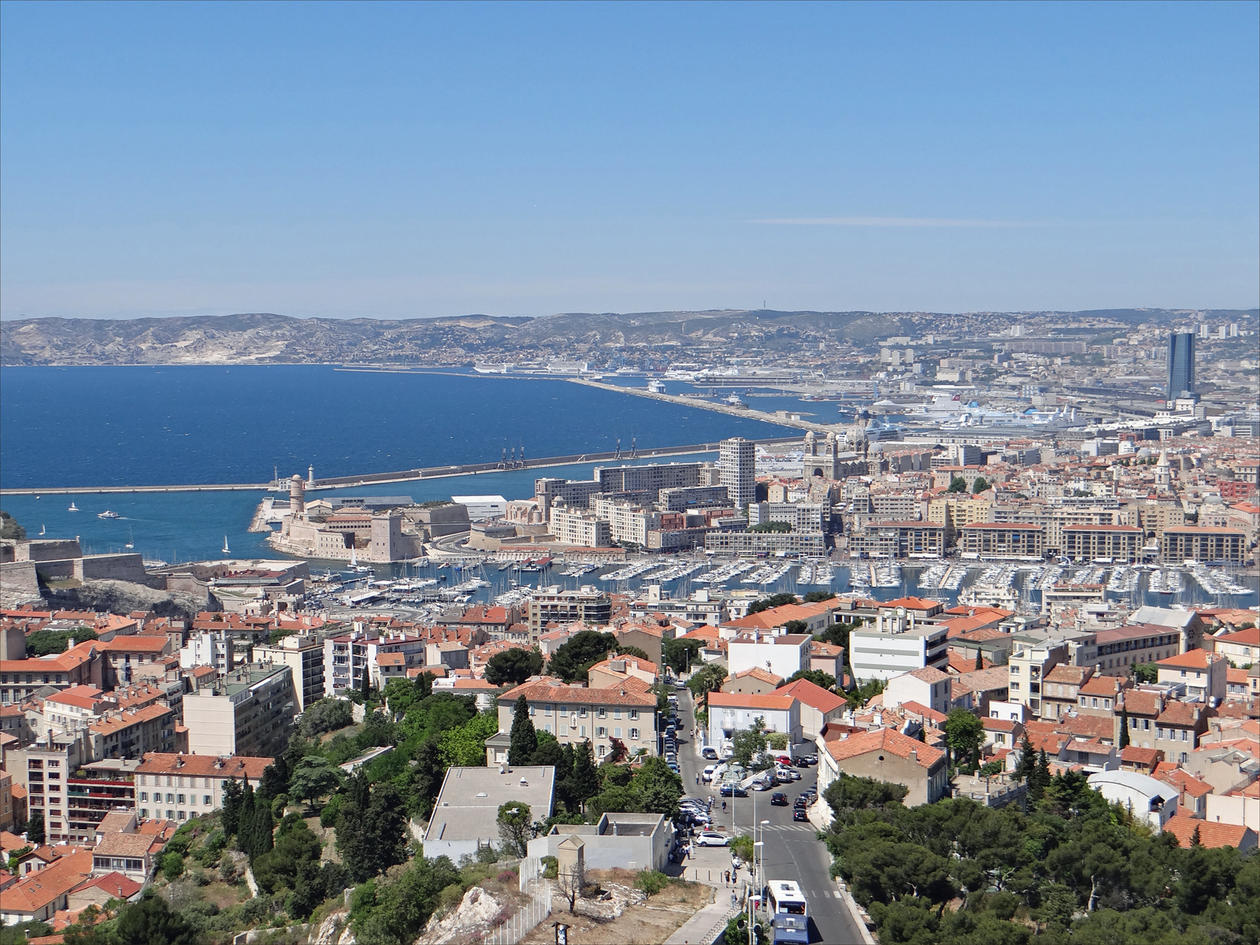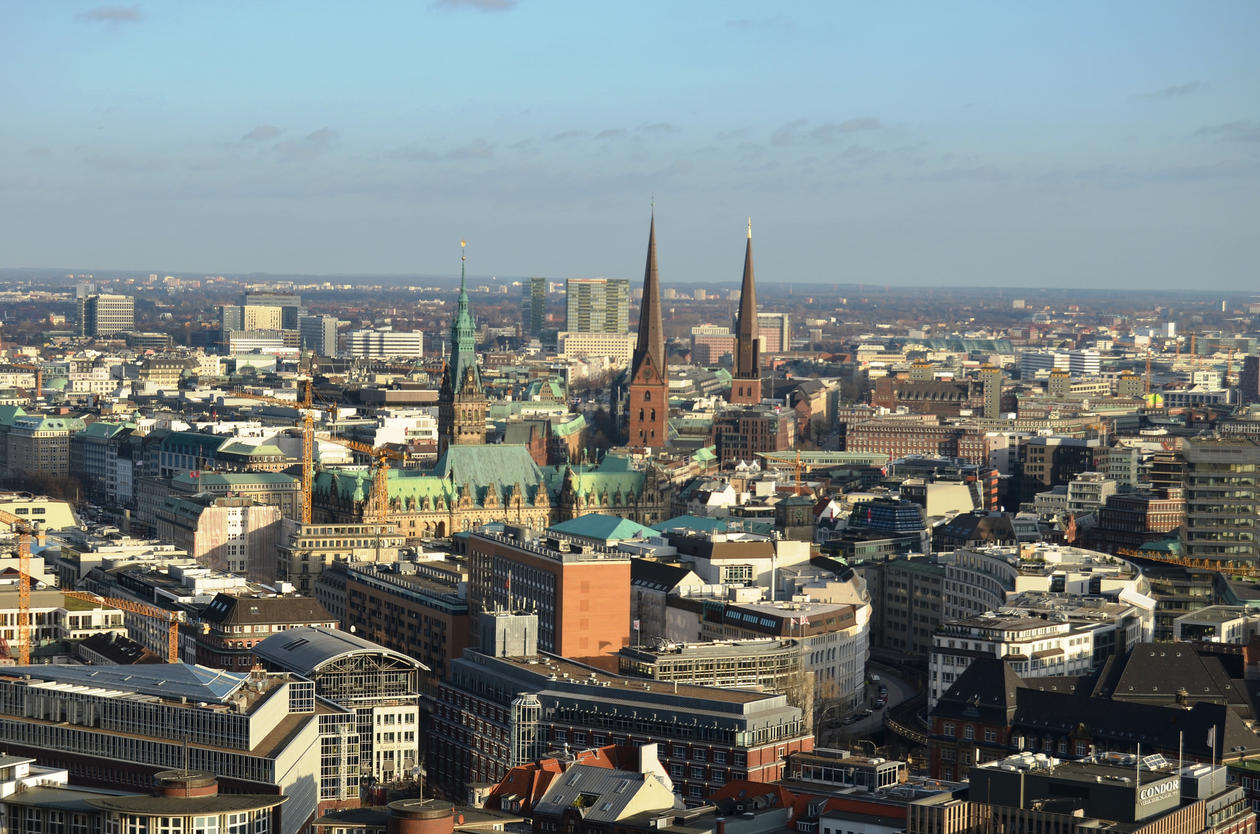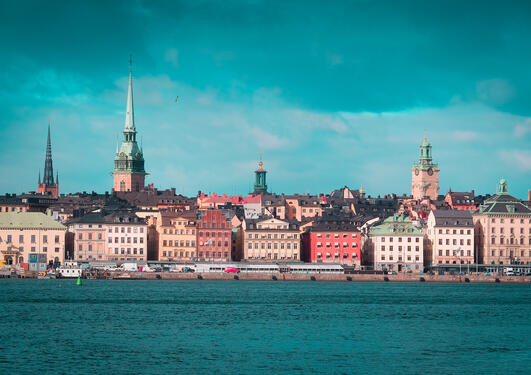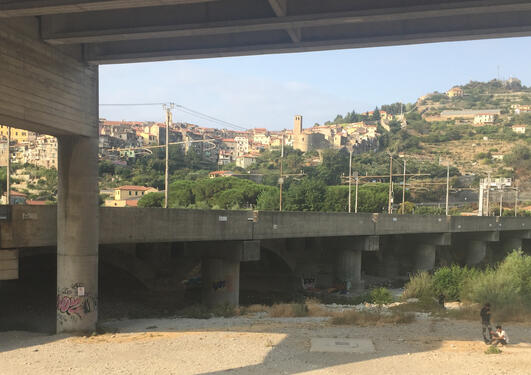Ethnographic and theoretical approaches
The project focuses on both ethographic field studies and theoretical approaches.
Main content
Ethnographic field studies (WP1)
The project focuses on four European migration-hubs:
- Oslo, Norway – Marry-Anne Karlsen
- Stockholm, Sweden – Shahram Khosravi
- Marseille, France – Christine M. Jacobsen
- Hamburg, Germany - Kari Anne K. Drangsland
The three major field sites include asylum reception centres, voluntary health clinics, and NGOs and migrant networks. These cities have been selected for comparative analysis for three main reasons:
- They are located in countries with different but comparable migration histories and will be well suited to highlight the ways in which the temporalities of migration intersect with particular migration histories and legal and socioeconomic welfare state arrangements.
- While the Nordic welfare state model creates important commonalities between Stockholm and Oslo (although there are also notable differences), Marseille provides a point of contrast when it comes to welfare state arrangements as well as to histories and contemporary dynamics of irregular migration.
- The researchers have previous research experience in and established access to the field sites, which is crucial given difficult access to sites where irregular migration can be researched.
Theoretical tasks (WP2)
In order to analyze more in-depth the cultural conditions underlying changes in patterns of migration and migration control, targeted theoretical tasks will be conducted by core researchers. These will further refine, and develop new, approaches to migration and temporality and significantly advance our understanding of the dimensions of ‘waitinghood’ pertaining to power, experience and resistance, focusing on cultural conditions and their normative and ethical dimensions in particular.
The three targeted theoretical tasks:
- Investigate the tempos involved in irregular migration – Thomas Hylland Eriksen
- Expand existing theorizing of future, hope and failure – Randi Gressgård
- Analysis of the normative and ethical dimensions of the temporalities in migration management – Odin Lysaker
